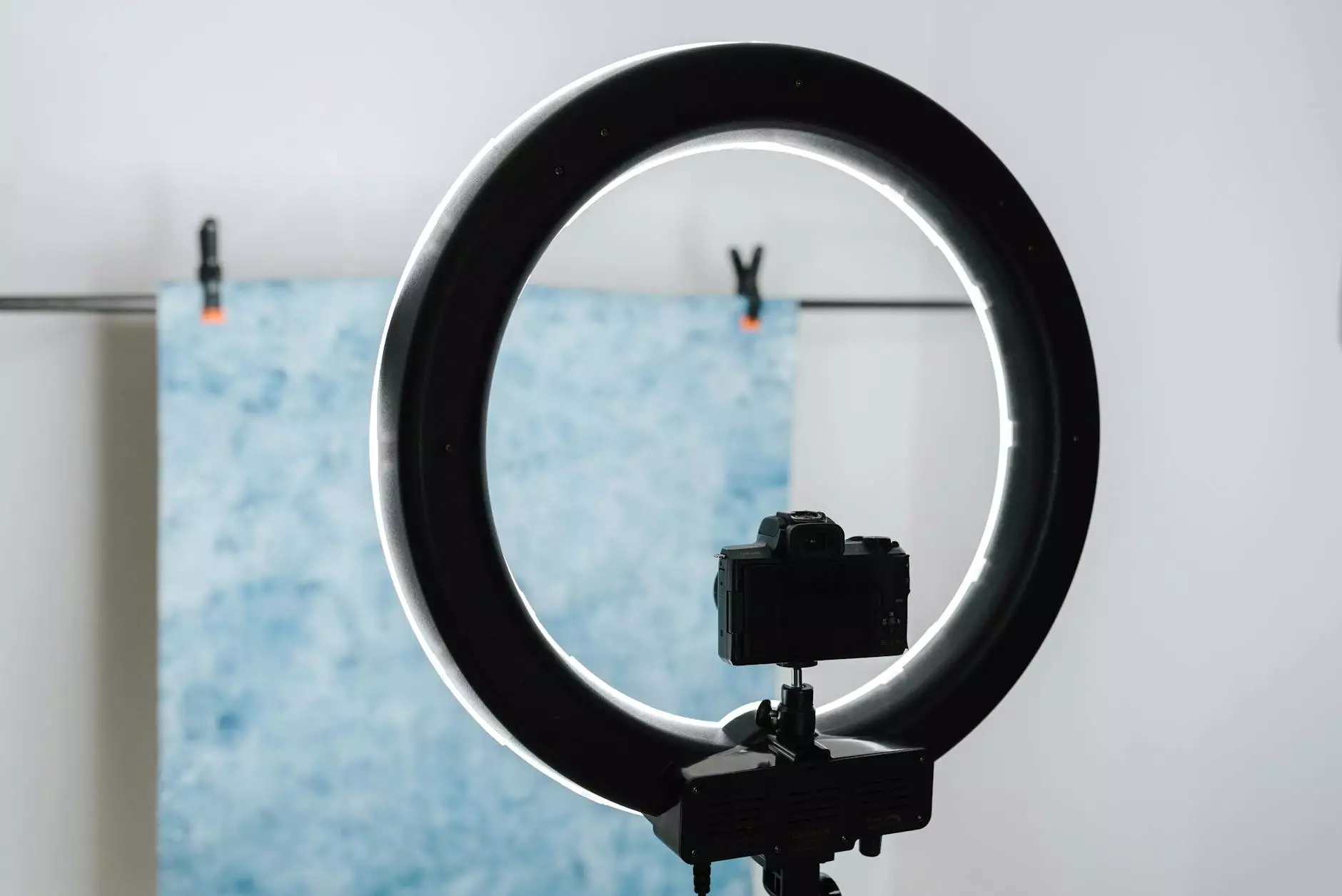The Leading Plastic Surgery Instruments Companies

In the realm of medical science, plastic surgery has secured its position as a vital component of healthcare, specializing in the restoration, reconstruction, or alteration of the human body. As the demand for cosmetic and reconstructive procedures continues to rise, the importance of reliable plastic surgery instruments companies cannot be overstated. This article delves into the intricate world of plastic surgery instruments companies, focusing on their contributions to the industry, the types of instruments they manufacture, and trends that are shaping the future.
Understanding the Role of Plastic Surgery Instruments
Plastic surgery instruments are specifically designed tools that facilitate surgical procedures. These instruments can vary significantly in design and purpose. Their primary functions include:
- Dissecting: Instruments used to separate tissues.
- Clamping: Tools to occlude blood vessels or tissue for control.
- Suturing: Used to stitch tissues together.
- Cutting: Instruments designed for incisions, excising tissue, or creating access.
- Retracting: Tools that help in holding back tissues to gain better visibility of the surgical field.
Key Players in the Plastic Surgery Instruments Industry
Several companies have emerged as leaders in the manufacturing of plastic surgery instruments. Their commitment to quality, innovation, and safety has positioned them at the forefront of the healthcare sector. Here we review some of the most reputable plastic surgery instruments companies:
1. Grey Medical
Grey Medical is a prominent name among plastic surgery instruments companies, known for its top-tier surgical tools designed for precision and ease of use. Their products range from basic scalpels to advanced surgical kits tailored for complex procedures. Grey Medical prioritizes sterility, durability, and ergonomics, ensuring that medical professionals can perform surgeries efficiently and safely.
2. Integra LifeSciences
Integra LifeSciences specializes in innovative medical devices and surgical instruments, offering a broad selection that is critical in plastic and reconstructive surgery. Their state-of-the-art technologies focus on improving surgical outcomes while minimizing patient recovery times, demonstrating their commitment to advancing modern medicine.
3. B. Braun Melsungen AG
A worldwide leader in medical technology, B. Braun produces an extensive range of products for surgical applications, including plastic surgery instruments. Their dedication to sustainability and quality places them among the preferred vendors for medical professionals aiming for excellence in surgical care.
The Importance of Quality in Surgical Instruments
When it comes to surgical procedures, the quality of instruments is paramount. High-quality surgical instruments ensure:
- Precision: Enhanced accuracy during surgery reduces risks associated with invasive procedures.
- Durability: Reliable instruments withstand repeated use and sterilization without degradation.
- Safety: Quality instruments minimize the likelihood of complications post-surgery.
- Efficiency: Well-designed tools facilitate quicker and more effective surgical outcomes.
Innovations in Plastic Surgery Instruments
Advancements in technology are continuing to reshape the landscape of plastic surgery techniques and instruments. Key innovations include:
1. 3D Printing and Customization
Companies are increasingly utilizing 3D printing technology to produce customized surgical instruments tailored to the unique anatomical features of individual patients. This innovation not only enhances the surgical experience but also improves patient safety and satisfaction.
2. Minimal Invasion Techniques
The development of minimally invasive surgical instruments allows for smaller incisions and reduced recovery times. Companies are producing tools designed for laparoscopic procedures, which have revolutionized many aspects of plastic surgery.
3. Smart Instruments
Some manufacturers are exploring the integration of smart technology into surgical instruments. Features like sensors, real-time feedback systems, and connected devices enhance the surgeon's ability to make informed decisions during operations, leading to improved outcomes.
Challenges Faced by Plastic Surgery Instruments Companies
Despite the progress made in the industry, plastic surgery instruments companies face several challenges that impact their operations:
- Regulatory Compliance: Navigating the complex landscape of medical device regulations can be daunting and requires stringent adherence to all standards set forth by agencies like the FDA.
- Competition: With the rise of new entrants in the market, established companies must continuously innovate to maintain their competitive edge.
- Cost Management: Balancing production costs while ensuring the highest quality can pose financial challenges.
The Future of Plastic Surgery Instruments
Looking ahead, the landscape of plastic surgery instruments is poised for transformation driven by innovation and evolving medical practices. Key trends likely to define the future include:
1. Sustainability
There is a growing emphasis on the sustainability of medical products. Companies are exploring eco-friendly materials and practices to lessen the environmental impact of surgical instruments.
2. Enhanced Training Tools
With the advent of augmented reality (AR) and virtual reality (VR) technologies, training for plastic surgery practitioners is becoming increasingly sophisticated. These technologies provide a safe environment for surgeons to practice using the latest instruments without risk to patients.
3. Global Collaboration
Plastic surgery instruments companies are likely to engage in more international collaborations to share knowledge, technology, and resources to benefit global healthcare.
Conclusion
In conclusion, the influence of plastic surgery instruments companies on medical practices is substantial and evolving. As the industry embraces innovation and responds to growing patient demands, these companies remain integral to the success of surgical outcomes. By prioritizing quality, safety, and technological advancements, companies like Grey Medical and others are leading the way for a future where plastic surgery is safer and more effective than ever before.
Choosing the right instruments and partnering with reputable suppliers can greatly influence the success of plastic surgery procedures. Surgeons and healthcare professionals must remain informed about the latest developments to ensure they are well-equipped to meet the challenges of modern surgery.



